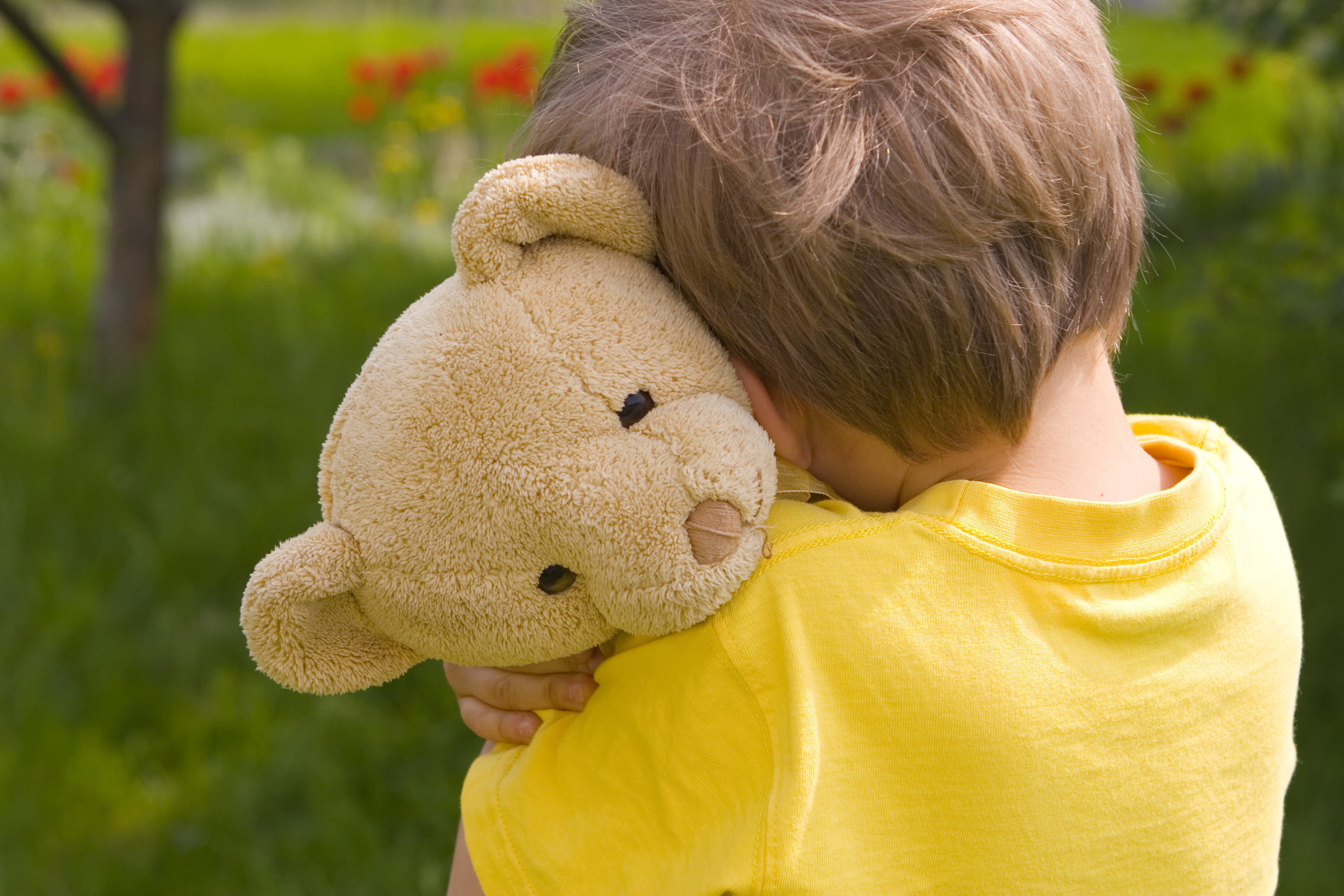Barnahus (which literally means Children´s house) is a child-friendly, interdisciplinary and multiagency centre where different professionals work under one roof in investigating suspected child sexual abuse cases and provide appropriate support for child victims.
Learning from the Nordic countries
Barnahus has assumed a key role in the child protection and child justice systems of many Nordic countries, including Sweden and Iceland. While there are some small differences in definition of the model across these nations, the general principle remains the same: to create a one-stop-shop for services that children can access under one roof. Services range from country to country, but usually include a combination of police, criminal justice services, child and adolescent mental health practitioners, paediatric doctors and social services.
The Barnahus model involves a high level of interdisciplinary working between different teams and allows for a complete package of care and support for a child to be created to reflect their needs. Within the Barnahus centres there are normally facilities including medical rooms, interview rooms, courtrooms, and residential facilities for those young people deemed at risk and who need to be taken immediately into temporary residential care.
Evaluations of areas that use this model of intervention have found significantly better outcomes for child victims and their families because of the multidisciplinary and multi-agency approach. Some discussions have also suggested that creating an adapted model for adult victims could also be a possibility in the future.
Reducing the trauma for victims of child sexual abuse
In England, it is estimated that only 1 in 8 victims of child sexual abuse are identified by the authorities. Children who disclose that they have been sexually abused face multiple interviews in multiple settings to a number of different people, often asking them the same questions. This can be confusing and frightening, as well as traumatic for many children who have to repeatedly recount the story of their abuse. Once the interview process is over, they can also then face long waiting times to access specialist therapeutic support.
The Barnahus model seeks to reduce some of the trauma experienced by victims of child sexual abuse by making the approach child-focused, emphasising the importance of a positive, safe and supportive environment in which to be seen by specialists, give evidence and receive support. For example, within the models used in Iceland children and young people are interviewed and examined within a week of the abuse allegation being made. These interviews are all conducted and recorded in a single location with specially trained officers and medical professionals, and they are then used in court as evidence, avoiding the victim having to revisit court in order to give evidence or testify.
Inside the centre, a specially trained interviewer asks questions, while other parties watch via a video link. Any questions they have are fed through an earpiece to the interviewer. Lawyers for the accused have to put all their questions at this point.
Another benefit to the model is that children who are interviewed are then able to access immediate assistance and counselling; in the current system in England, children may face cross-examination in court months after the alleged abuse, and would have to wait for victim support therapy.
Allocation of funding from government
In 2017, in response to the success reported in the Nordic models, the UK government earmarked Police Innovation Funding of £7.15m to help establish and roll out a similar scheme in London, which would see criminal justice specialists working alongside social services, child psychologists and other services and, it is hoped, pave the way to create a UK-wide Barnahus model in the future.
Building on the existing model in London, CYP Haven, which provides largely clinical, short term care, will provide a multi-agency, long-term support and advocacy service that is expected to support over 200 children and young people each year. Criminal justice aspects of aftercare will be embedded in the service, with evidence-gathering interviews led by child psychologists on behalf of the police and social workers, and court evidence provided through video links to aid swifter justice.
Follow us on Twitter to see what developments in public and social policy are interesting our research team.
If you enjoyed this blog, you may also be interested in our other articles:
Child abuse by children: why don’t we talk about it?
Secure care in Scotland: measuring outcomes and sharing practice
Share
Related Posts
By Donna Gardiner While free school meals (FSM) have been available in England on a means-tested basis since 1944, recent years have seen a renewed focus upon the potential benefits of providing free school meals to all school-aged children. Currently, ....
Today sees the start of Community Garden Week 2023. Across the UK, communities will be celebrating the many and varied types of community gardens, from children’s and neighbourhood gardens to therapy gardens and allotments. The benefits of community gardens are ....



